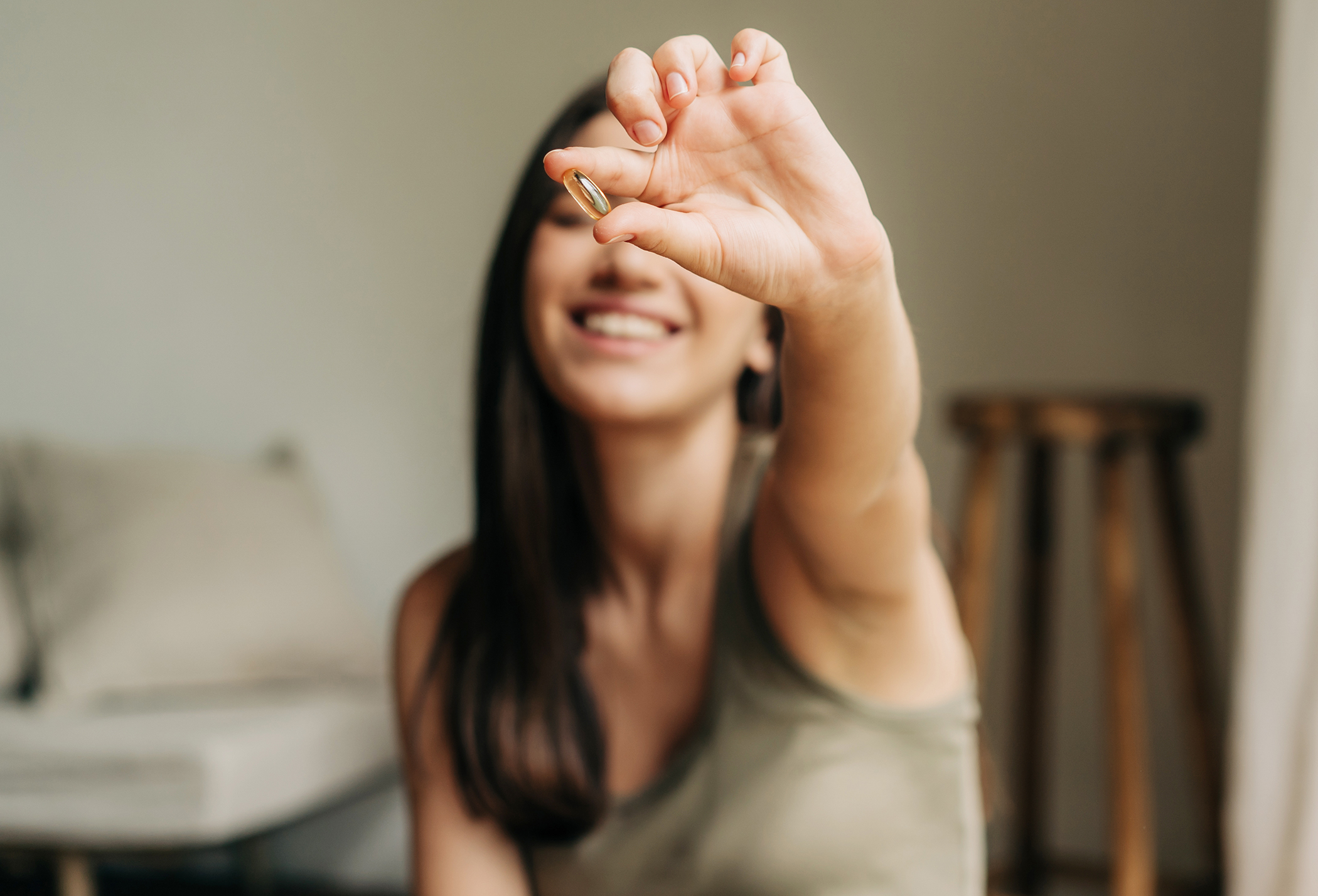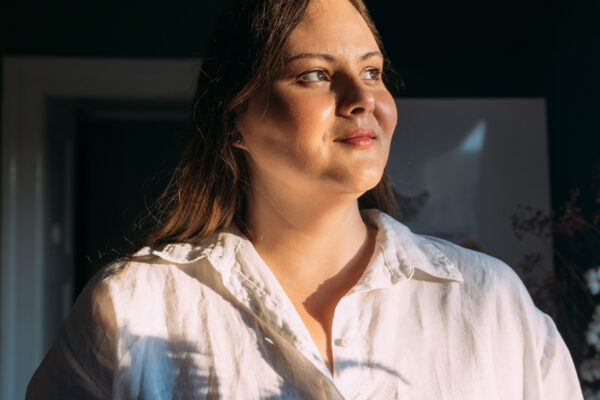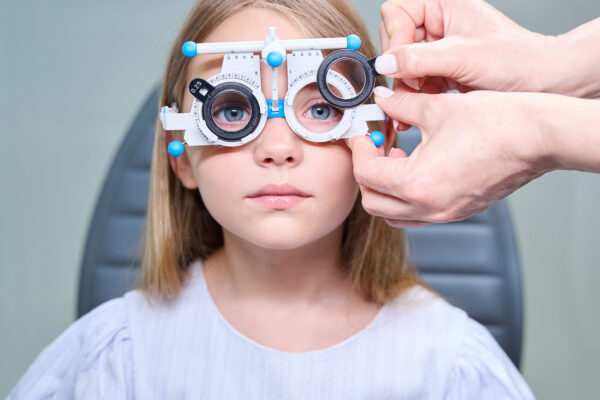A Holistic Approach to Depression and Anxiety
By Jamie Bussin/Featuring Dr. Philip Rouchotas ND
Mental health concerns such as depression, anxiety, and insomnia are increasingly common in today’s society. Depression and anxiety, while often discussed independently, frequently occur together, creating a complex web of emotional and physical challenges that affect individuals’ quality of life. Naturopath, Dr. Philip Rouchotas, and I spoke about this in Episode #114 of The Tonic Talk Show/Podcast. The discussion focused on the rising prevalence of mental health issues, the limitations of conventional treatment methods, and the powerful role of natural, integrative strategies in supporting emotional well-being. This is a digest of that conversation.
The Scope of the Mental Health Crisis
Depression and anxiety are among the most common mental health concerns globally. They impact millions of people, cutting across age, gender, and lifestyle. While conventional treatments often rely heavily on pharmaceuticals, medication shouldn’t always be the first or only option. Many people are prescribed antidepressants or antipsychotic medications without a full understanding of the potential long-term consequences, a practice Rouchotas finds deeply concerning.
“We’re not having proper informed consent discussions with patients,” he explains. “People often take these medications without fully understanding the potential side effects, including flat mood, sexual dysfunction, and significant weight gain.”
These side effects can profoundly affect a person’s day-to-day life. While the medications may alleviate the most acute symptoms—such as suicidal thoughts—they often leave individuals feeling stuck at a suboptimal state of functioning. While pharmaceuticals can be essential for some, the over-prescription and lack of transparency about risks are major issues.
The Interconnection of Symptoms: Depression, Anxiety, and Insomnia
Depression, anxiety, and insomnia often co-occur, a phenomenon referred to in medicine as comorbidity. This means that these conditions are not isolated but frequently influence and exacerbate each other. For example, persistent anxiety may lead to depressive episodes, while chronic sleep disruptions can worsen both anxiety and mood.
“They’re more connected than people realize,” Rouchotas says. “You can certainly have one without the others, but more often than not, people suffer from some combination of the three.”
Understanding this interconnectedness is key to developing a comprehensive approach to treatment—one that moves beyond medication and addresses the underlying lifestyle and physiological contributors to mental health.
A Holistic Approach: Diet, Exercise, and Sleep
As an integrative healthcare practitioner, Rouchotas champions a holistic model that focuses on foundational elements such as diet, physical activity, and sleep. These factors have an immense impact on how we feel, both mentally and physically.
Diet: The Mediterranean Approach
One of the most evidence-based dietary patterns for mental health support is the Mediterranean diet. Centered around fruits, vegetables, whole grains, legumes, nuts, and healthy fats like olive oil, this diet has been shown to support cardiovascular, neurological, and emotional health.
Its core guidelines include:
- Prioritizing plant-based foods
- Incorporating nuts and seeds daily
- Using olive oil as the primary fat
- Focusing on seafood and poultry over red meat
This nutrient-dense diet can contribute significantly to stable energy levels, reduced inflammation, and better brain health.
Exercise
The benefits of exercise on mental health are well-established. Numerous clinical studies have found that regular physical activity can significantly reduce symptoms of depression and anxiety. It promotes the release of endorphins and helps regulate stress hormones, providing a natural boost to mood and overall well-being.
Even moderate forms of activity—such as walking, cycling, or yoga—can offer measurable mental health benefits, particularly when performed consistently.
Sleep
Sleep is another pillar of mental health. Poor sleep quality or chronic insomnia can increase vulnerability to anxiety and depression, while also diminishing one’s ability to cope with daily stress. Rouchotas stresses that sleep should be prioritized as much as diet and exercise when addressing mental health issues.
Natural Supplementation: Safe and Effective Additions
For individuals seeking alternatives or complements to medication, there are a number of well-researched supplements that can offer support. Rouchotas identifies four key supplements that are safe to use, even for those already taking prescription mental health medications:
1. High EPA Fish Oil
Fish oil contains two omega-3 fatty acids: EPA and DHA. To positively impact mood, it’s crucial to select a product with a high EPA-to-DHA ratio, delivering around 1,000 mg of EPA per day. Research has shown that high EPA fish oil can have powerful antidepressant effects when used consistently.
2. Vitamin D
Vitamin D is essential for overall health and plays a significant role in brain function. Numerous studies have shown that people with low vitamin D levels are more likely to experience depression. Supplementation is inexpensive, widely accessible, and effective in supporting mood regulation.
3. B-Complex Vitamins
B vitamins are vital for energy production and nervous system function. Supplementing with a B-complex or a high-quality multivitamin can improve mood, enhance cognitive performance, and help reduce fatigue—especially in those experiencing chronic stress or burnout.
4. Melatonin
Primarily known for its role in sleep regulation, melatonin is a safe and well-tolerated supplement. It’s particularly effective for those with insomnia and has even been associated with broader health benefits, including antioxidant effects and potential cancer risk reduction. Many people use melatonin daily in periods of sleep disruption, then taper off once sleep quality improves.
The Bigger Picture: Individualized, Informed Care
What makes Rouchotas’s approach so compelling is his commitment to individualized care. While diet, exercise, and supplementation can be immensely helpful, he also acknowledges that some individuals—despite leading healthy lifestyles—continue to struggle. Mental health is multifaceted, and there’s no one-size-fits-all solution.
“I’ve seen elite athletes with perfect diets and routines who still suffer from depression,” he explains. “For those people, we need to dig deeper, understand their biochemistry, and consider a more nuanced treatment plan.”
Ultimately, the goal is not to replace conventional medicine but to enhance it. By combining safe, natural strategies with evidence-based practices, it’s possible to achieve better outcomes and a higher quality of life.
Conclusion
Mental health challenges affect people from all walks of life. While medications can provide essential support for many, the broader picture requires a more integrative, informed, and proactive approach. Through proper nutrition, regular exercise, restorative sleep, and targeted supplementation, individuals can often find meaningful relief—and begin building a more resilient foundation for long-term emotional well-being.




